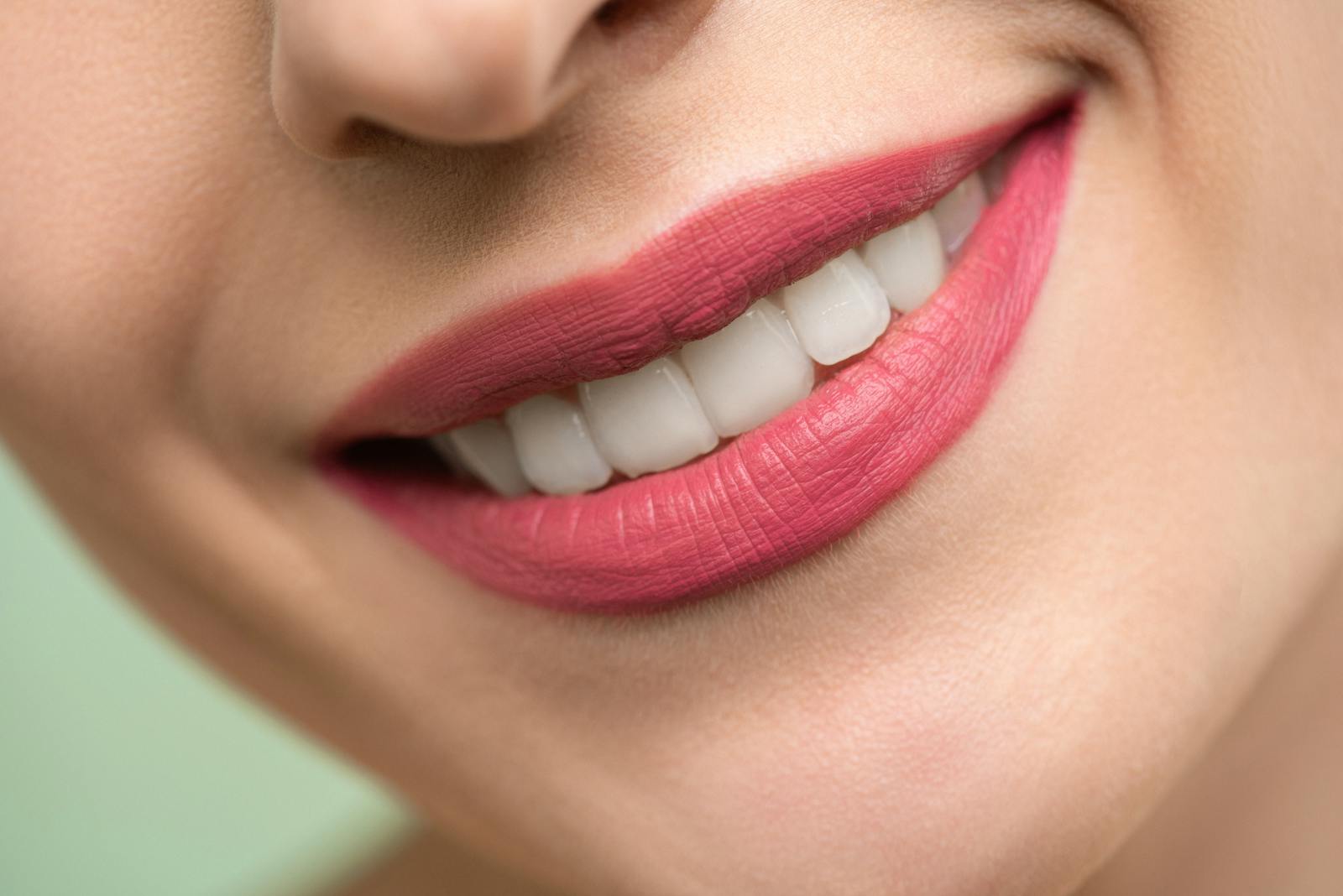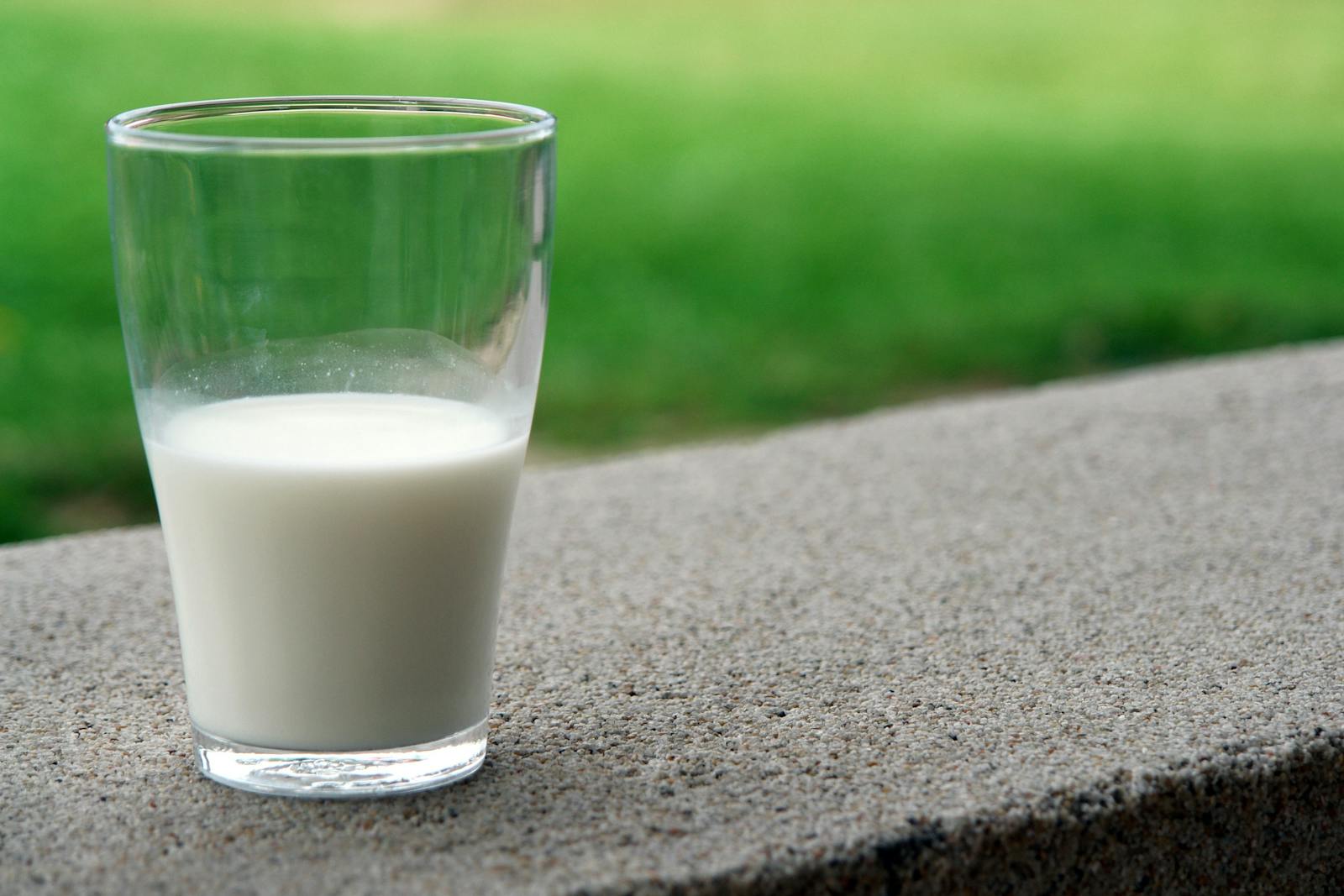Yunani Medicine: The Ancient Greek System of Healing
Yunani medicine, also known as Unani, is a traditional system of healing with its roots in ancient Greece. Developed by Greek physicians like Hippocrates and Galen, Yunani medicine was later enriched by Arab scholars and practitioners, especially Avicenna (Ibn Sina). This holistic healing system combines elements of philosophy, herbal medicine, and lifestyle management to promote health and treat diseases by restoring balance in the body’s humors.
In this blog post, we’ll explore the history, principles, and benefits of Yunani medicine, as well as how it is practiced today.
Table of Contents
1. History of Yunani Medicine
The history of Yunani medicine dates back to ancient Greece, where it was founded on the teachings of Greek philosophers and physicians like Hippocrates (460–370 BC), the “Father of Medicine.” His theories on the balance of bodily humors formed the foundation of Yunani medicine. Later, the Roman physician Galen (131–210 AD) contributed significantly to this system, further developing the theory of the four humors.
Yunani medicine was transmitted to the Arab world, where it flourished during the Islamic Golden Age (8th to 14th centuries). Scholars such as Ibn Sina (Avicenna), who authored “The Canon of Medicine,” and Al-Razi (Rhazes) preserved and expanded Yunani knowledge, making it a comprehensive medical system.
The system then spread to India through the influence of Persian and Arab scholars, where it became deeply integrated with local healing practices and is still widely practiced today.
2. The Four Humors in Yunani Medicine
Central to Yunani medicine is the concept of the four humors (Akhlat), which are believed to govern the body’s physical and mental health. These humors correspond to specific body fluids and are linked to natural elements and qualities.
- Blood (Dam): Linked to the element air and associated with the qualities of hot and moist. Blood promotes vitality and warmth.
- Phlegm (Balgham): Linked to the element water, with cold and moist qualities. Phlegm controls lubrication, moisture, and calmness.
- Yellow Bile (Safra): Linked to the element fire, with hot and dry qualities. Yellow bile is related to digestion and anger.
- Black Bile (Sauda): Linked to the element earth, with cold and dry qualities. Black bile influences concentration, melancholy, and digestion.
Good health in Yunani medicine is achieved when these four humors are in balance, while disease results from an imbalance.
3. Principles of Yunani Medicine
Yunani medicine operates on several core principles:
- Balance of Humors: The balance between the four humors is essential for maintaining health. Each individual has a unique constitution (Mizaj) that is determined by the dominant humor, and treatments are customized accordingly.
- Tibb and Ilaj: Yunani medicine refers to the body as Tibb (the natural ability to heal itself) and treatments as Ilaj (intervention when the body’s natural healing processes are insufficient).
- Temperament (Mizaj): Each individual has a distinct temperament (hot, cold, moist, or dry) that must be maintained through diet, lifestyle, and medicine.
- Detoxification and Elimination: The body needs to eliminate waste products to maintain the balance of humors. Methods like cupping, leeching, and herbal laxatives are used for detoxification.
- Natural Healing: Yunani medicine emphasizes supporting the body’s natural healing processes with minimal intervention, often through lifestyle changes, diet, and herbal treatments.
4. Diagnosis and Treatment in Yunani Medicine
Yunani diagnosis is a comprehensive process that involves examining the patient’s temperament, symptoms, and overall lifestyle. Yunani physicians (Hakims) use the following methods for diagnosis:
- Pulse Diagnosis: Understanding the balance of humors through pulse examination.
- Urine and Stool Analysis: Observing the color and consistency of urine and stool to detect imbalances.
- Observation of Physical Symptoms: Examining the skin, tongue, and voice for signs of imbalance.
Treatment Modalities
- Dietotherapy (Ilaj Bil Ghiza): Using food to balance the humors. Diet is a cornerstone of Yunani treatment, with specific recommendations based on the patient’s temperament.
- Herbal Remedies (Ilaj Bil Dawa): Herbal formulations, including plants like Saffron, Senna, and Basil, are used to treat a variety of conditions.
- Regimenal Therapy (Ilaj Bil Tadbeer): Techniques like cupping (Hijama), leech therapy, massage, and steam baths are used to detoxify the body.
- Surgery (Ilaj Bil Yad): Although rare, Yunani medicine includes surgical interventions when necessary, especially in cases of trauma or severe injury.
5. Benefits of Yunani Medicine
Yunani medicine offers several benefits as a holistic system of healing:
- Personalized Treatment: Treatments are tailored to the individual’s unique constitution and health status.
- Natural Healing: Emphasis on using natural herbs and treatments that support the body’s own healing process.
- Prevention and Longevity: Yunani medicine focuses on preventing disease and promoting long life through healthy lifestyle choices.
- Comprehensive Health Approach: Treats the mind and body as interconnected, ensuring that mental health is considered in physical treatment.
6. Yunani Diet and Lifestyle
In Yunani medicine, diet and lifestyle are crucial in maintaining the balance of humors. Yunani dietary guidelines suggest eating according to your Mizaj (temperament) and avoiding foods that can disrupt this balance.
- For Hot Temperaments: Cold, moist foods like cucumbers, yogurt, and watermelon are recommended.
- For Cold Temperaments: Warming foods like spices, ginger, and meat are preferred.
Regular physical activity, proper sleep, and stress management are also vital components of the Yunani lifestyle.
7. Herbal Remedies in Yunani Medicine
Yunani medicine makes extensive use of herbs to treat a variety of ailments. Some popular Yunani herbs include:
- Saffron: Used to treat depression, improve memory, and enhance skin health.
- Senna: A natural laxative used for treating constipation.
- Fennel: Helps in digestion and relieving bloating.
- Basil: Used for respiratory ailments, digestive issues, and mental clarity.
Herbal formulations are often combined with honey, vinegar, or oil to enhance their healing properties.
8. Yunani Medicine for Skin and Hair Care
Yunani remedies offer numerous benefits for skin and hair, using natural ingredients to promote beauty and health:
- Saffron for Glowing Skin: Used in facial masks and oils for its brightening properties.
- Rose Water: A key ingredient in Yunani medicine for toning and hydrating the skin.
- Henna: Used for hair conditioning and scalp health.
- Olive Oil: Nourishes hair, strengthens roots, and provides deep hydration for skin.
9. Yunani Medicine and Mental Health
Mental health is closely tied to physical health in Yunani medicine. The balance of humors affects not only physical well-being but also mental and emotional stability. Yunani treatments for mental health include:
- Herbal Remedies: Herbs like Basil and Saffron are used to uplift mood and treat anxiety.
- Aromatherapy: Essential oils such as Rose and Sandalwood are used for their calming effects.
- Regimenal Therapy: Techniques like massage and cupping are used to relieve stress and promote mental relaxation.
10. How Yunani Medicine is Practiced Today
Yunani medicine is still widely practiced in India, Pakistan, Bangladesh, and other parts of South Asia. In these regions, Yunani practitioners are trained at accredited universities and recognized by national medical councils. Yunani hospitals and clinics offer treatments for a variety of conditions, from digestive disorders to chronic diseases.
Yunani medicine has also gained popularity in Europe and North America, where it is used as a complementary therapy alongside modern medical treatments.
Conclusion
Yunani medicine is a holistic system of healing that focuses on restoring balance to the body’s humors and supporting the body’s natural healing processes. With its emphasis on personalized care, natural remedies, and preventative health, Yunani medicine offers a comprehensive approach to achieving and maintaining well-being.
By incorporating Yunani principles into your daily life through diet, lifestyle changes, and natural remedies, you can experience the profound benefits of this ancient healing system.






